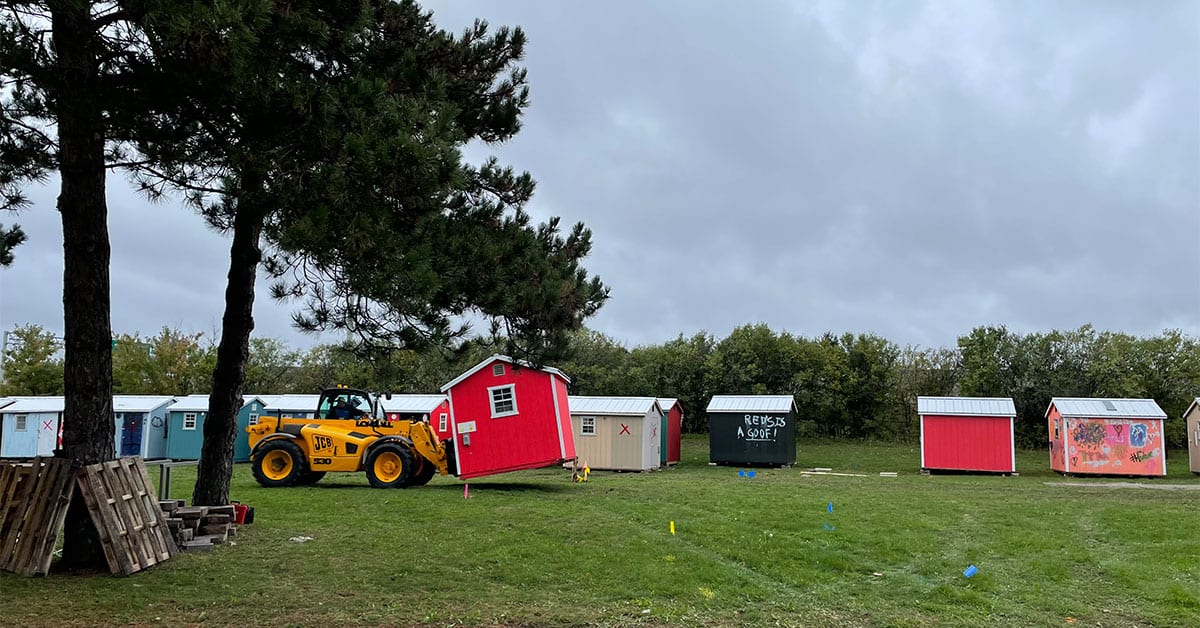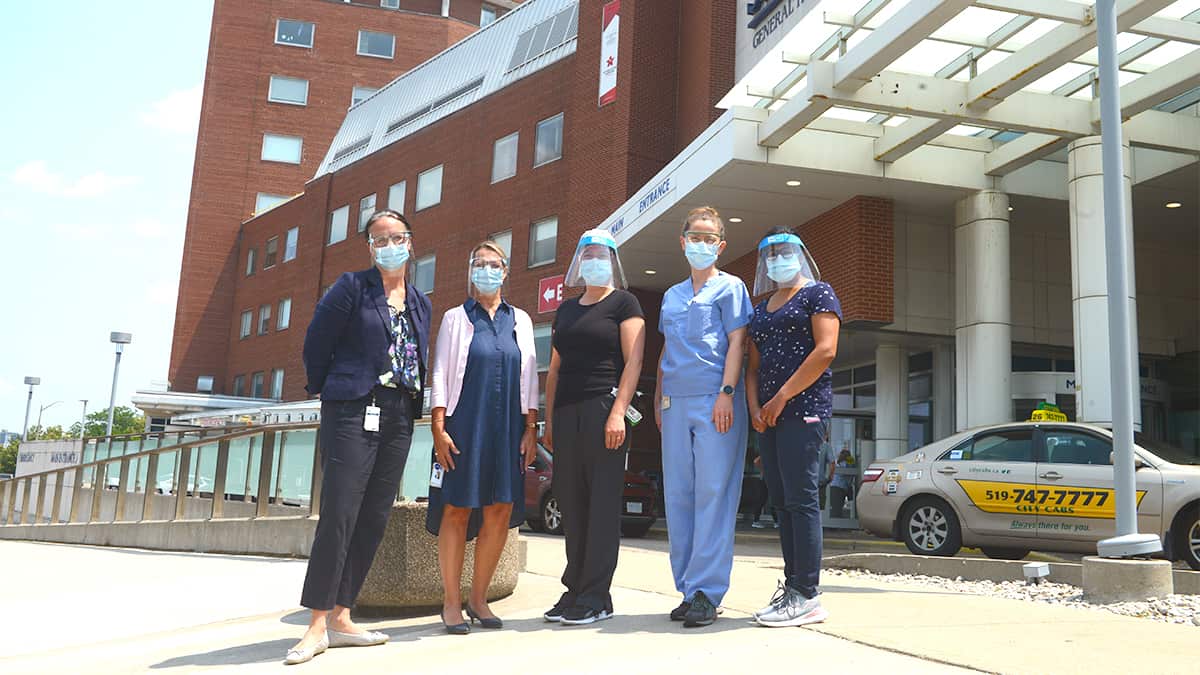With the number of cases inching downward in Waterloo Region, public health officials are cautiously optimistic, but also keeping an eye on seasonal flu rates that all but disappeared last fall and winter.
“For the first time in 2021 our indicators are now comparable to where they were last October 2020. We are seeing the impact of high vaccination rates combined with public health measures in bringing COVID-19 under control,” said medical officer of health Dr. Hsiu-Li Wang at the region’s weekly pandemic briefing October 22.
“Be sure to get your flu shot this year; you are able to get your shot even if you have recently got your COVID vaccine.”
At midweek, there were 100 active cases, down slightly from 107 a week earlier. The region did pass the 20,000 mark in recording the number of positive cases since the pandemic began more than a year and a half ago – the number was 20,028, with 19,622 having been declared resolved, 98 per cent of cases. A total of 302 people have succumbed to the disease.
Some 90.8 per cent of residents over the age of 12 have had at least one dose of vaccine, with 87.2 per cent fully immunized. Public health officials are pushing for at least 90 per cent of residents to receive both jabs, and to continue to observe precautions.
“We need to continue with a cautious approach to the lifting of public health measures,” said Wang.
The main concern for outbreaks is in family gatherings and social events such as weddings, she noted. Officials are seeing a rise in cases coming from those types of events, as many choose not to follow public health guidelines while attending.
“The Delta variant continues to be the predominant strain in our region. It is highly transmissible, causes more severe illness and continues to be a risk. Delta is particularly adept at finding any particular gap in our defenses.”
Primary care physician Dr. Sharon Bal noted that primary-care physicians will be doing in-person visits again as COVID case numbers continue to stabilize. Residents looking to be screened or tested for various health concerns shouldn’t keep waiting.
“Data shows us there is a significant backlog in cancer screening. Ontario screening programs delivered 951,000 or about 41 per cent fewer screening tests in 2020 than in 2019, and volumes for most programs remained more than 20 per cent below historical levels by the end of 2020 and into 2021,” she said.
“We need to ensure residents in the region are coming back for routine care. It is critical also to address chronic disease management and mental health concerns to reduce pressures in the emergency department and to prevent escalation and complications from illness. It is important to know that community setting such as primary care and specialist offices are open. There is now an increase in-person to virtual ratio as many of our roles in other settings have eased as COVID rates have stabilized. Do not delay access in care.”
The numbers are trending downward again in Wellington-Dufferin-Guelph, with the midweek total at 47 active cases, down from last week’s uptick of 71. Of a total of 9,324 cases since the pandemic began, 9,150 (98.1) have been resolved. There have been 127 fatalities associated with the virus.
Public health there reports 88.1 per cent of eligible residents has received at least one dose of vaccine, with 85.1 per cent fully inoculated.
The province continues to see growth in the total number of cases, with the tally now at 598,100, up about 2,500 in the past week.
There have been 9,852 deaths attributed to the virus – up 33 over the week before – representing a mortality rate of 1.6 per cent. The ministry reports 585,207 cases (97.8 per cent) have been resolved.
The latest numbers from Health Canada show 27,000 active cases nationwide, down about 4,000 from a week earlier. The cumulative total of confirmed cases now stands at 1,702,587, with 28,805 related deaths, a mortality rate of 1.8 per cent. Nationally, 87.7 per cent of eligible Canadians have received at least one dose of vaccine, with 82.8 per cent fully vaccinated.









